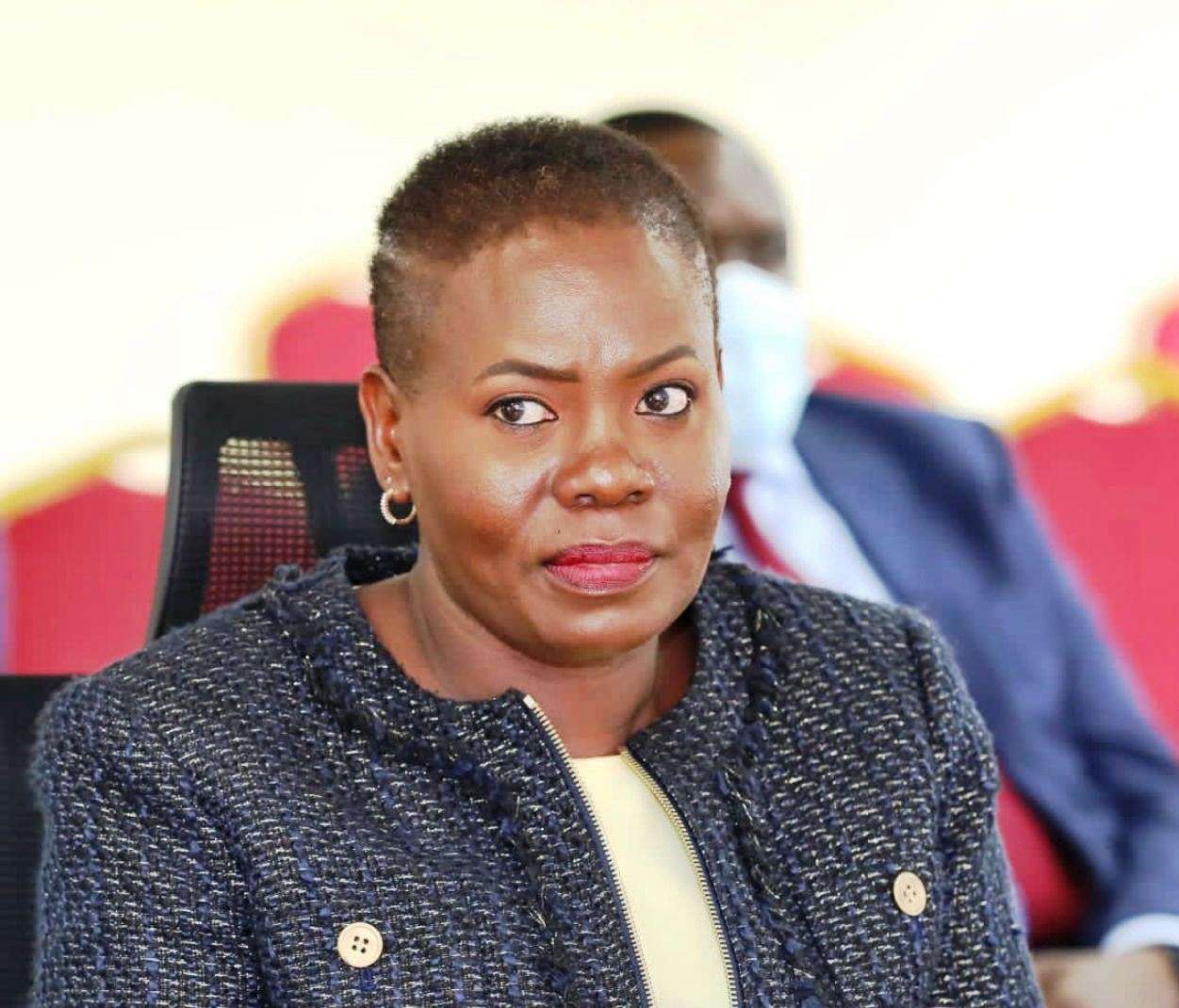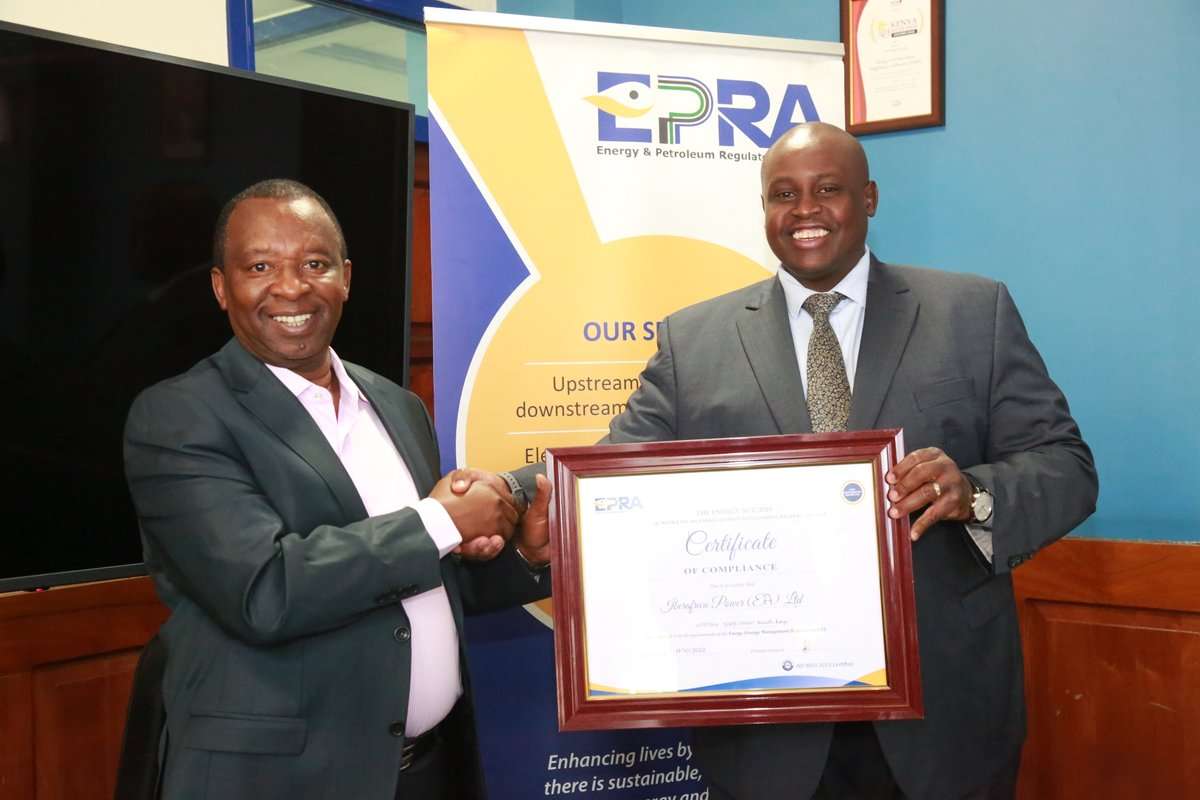By TWV Team
A recent audit by the Auditor General, Nancy Gathungu, has exposed critical deficiencies in Kenya’s Level 4, Level 5, and Level 6 hospitals, highlighting systemic issues in governance, financial management, and service delivery.
To unlock the full article:
Choose one of the options below:
- Ksh 10 – This article only
- Ksh 300 – Monthly subscription
- Ksh 2340 – Yearly subscription (10% off)
The comprehensive report underscores the urgent need for structural reforms to restore the integrity of the public healthcare system. The audit revealed significant unsupported expenditures, pointing to weak financial oversight.
Makueni County Referral Hospital reported Sh424.5 million in unaccounted funds, followed by JM Kariuki Memorial Hospital (Sh337.3 million), Pumwani Maternity Hospital (Sh280 million), and Mama Lucy Kibaki Hospital (Sh212.5 million). Other facilities, including Njoro Sub-County Hospital (Sh214.2 million) and Gilgil Sub-County Hospital (Sh166.8 million), also recorded substantial discrepancies. By contrast, hospitals such as Olenguruone Sub-County Hospital (Sh150,000) and Kisegi Level 4 Hospital (Sh21,000) reported minimal issues, demonstrating that effective management is possible with proper oversight.
Governance failures were a recurring theme. Many hospitals lack functional audit committees and internal audit units, exacerbating inefficiencies. Inadequate financial management systems further contribute to resource wastage, undermining service quality. These issues point to a broader lack of accountability, which must be addressed to rebuild public trust in healthcare institutions.
Compliance with the Kenya Quality Model for Health Policy Guidelines is another major concern. The audit found widespread failures in meeting staffing and infrastructure requirements for Level 4 and Level 5 hospitals. Essential services are often unavailable: of the 184 hospitals audited, 54 did not offer surgical services, 51 lacked paediatric care, and 73 were unable to provide renal dialysis. These gaps severely restrict access to critical healthcare, particularly for vulnerable communities.
Infrastructure shortcomings are equally alarming. The audit identified a significant bed shortage, with 126 hospitals providing only 6,231 beds against a required 18,900, a deficit of 12,669 beds. Equipment shortages are also critical, with nine Level 5 hospitals operating just 32 functional ICU beds against a requirement of 76, and ten hospitals providing only 28 High Dependency Unit beds against the 120 needed. Additionally, 14 hospitals failed to meet Pharmacy and Poisons Board guidelines for pharmaceutical storage, placing drug quality at risk due to inadequate facilities.
The findings call for immediate structural reforms to strengthen governance, improve financial systems, and ensure compliance with health standards. The lack of essential services, coupled with inadequate infrastructure and equipment, compromises patient care and demands robust accountability measures. Policymakers must prioritise investment in hospital infrastructure, staff training, and oversight mechanisms to address these systemic failures.
This audit serves as a critical wake-up call for Kenya’s healthcare sector. Without swift action, gaps in service delivery and financial management will continue to erode public confidence. By implementing comprehensive reforms, the government can ensure that Level 4, Level 5, and Level 6 hospitals deliver the quality care Kenyans deserve, paving the way for a healthier and more equitable future.
[/full]




